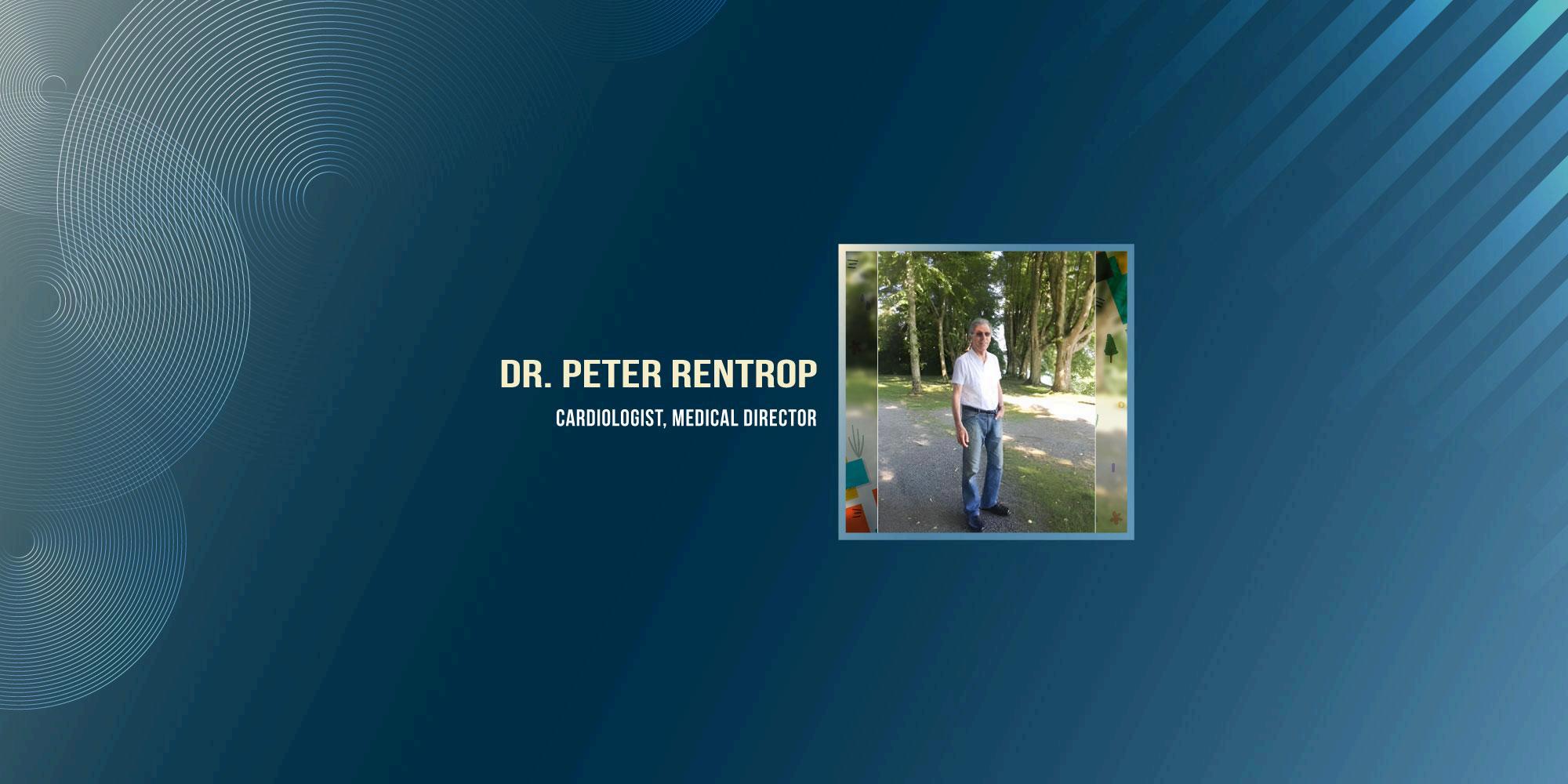Transforming Healthcare with Technology: The Rise of Wearables and AI by Peter Rentrop

The medical landscape is evolving rapidly thanks to groundbreaking technologies redefining how care is delivered and experienced Among the most influential advancements are wearable devices and artificial intelligence (AI), which are driving a revolution in healthcare. These innovations make it easier to monitor health, diagnose conditions early, and customize treatments to individual patients, ultimately improving outcomes and quality of life,as explained by Peter Rentrop.
Wearable technology has come a long way, from basic fitness trackers to highly sophisticated health monitors. Today’s wearables can continuously collect data on heart rate, blood pressure, sleep quality, and even blood oxygen levels This constant flow of information allows patients to stay connected with their health and alerts healthcare providers to potential issues before they become serious For individuals with chronic illnesses such as diabetes or cardiovascular disease, wearables offer a lifeline by enabling real-time tracking and more proactive management. This shift towards continuous monitoring helps reduce emergency visits and hospitalizations by catching warning signs early
On the other hand, AI is revolutionizing how medical data is interpreted and applied. AI algorithms can analyze large volumes of data swiftly and accurately, uncovering trends and
anomalies that human clinicians might miss From interpreting complex imaging scans to predicting patient risk factors, AI enhances diagnostic accuracy and speeds up decision-making. It also supports personalized medicine by helping tailor treatment plans to patients' unique genetic and health profiles. Moreover, AI accelerates drug research, identifying promising compounds and predicting their effects, thereby shortening the timeline for new therapies to reach patients
The powerful combination of wearables and AI is creating a new paradigm in healthcare Data collected from wearable devices feeds directly into AI platforms, which are then analyzed to provide meaningful insights. This real-time feedback loop enables early detection of health issues and empowers patients to take charge of their wellness For example, AI can identify irregular heart rhythms from wearable data and alert doctors to intervene before complications arise. This integration is especially valuable in remote or underserved regions, where access to healthcare professionals may be limited
Beyond wearables and AI, other technologies like telemedicine, robotic surgery, and 3D printing continue to expand the possibilities of modern medicine Telehealth services increase accessibility, while robotics bring precision and minimally invasive techniques to the operating room Customized implants and prosthetics produced through 3D printing offer personalized solutions for patients
These innovations are reshaping healthcare into a more patient-centered, efficient, and accessible system As technology advances, it promises to deliver even greater improvements in health outcomes and quality of life, marking an exciting future for medicine worldwide.
